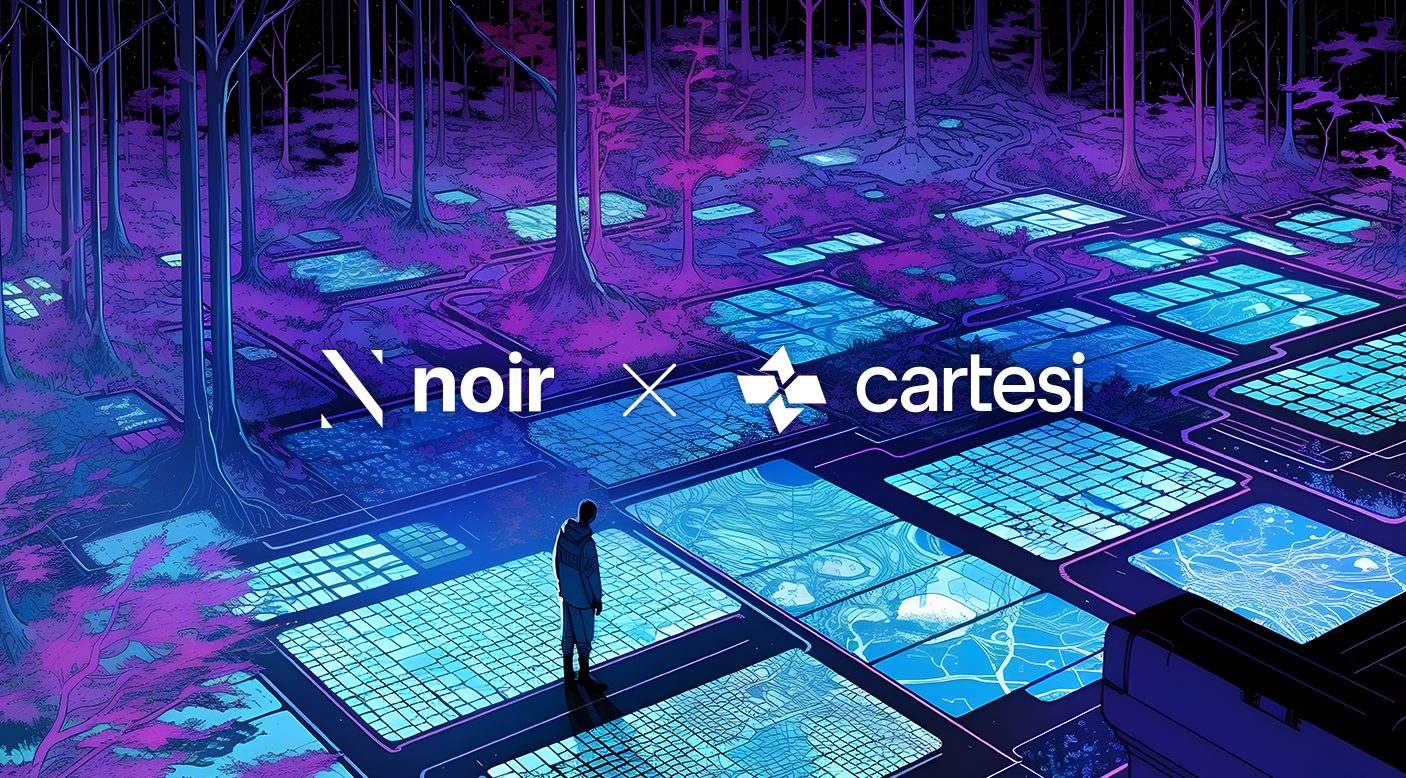By nature, humans are co-operative, communicative and distinctively social. Great technologically has used this as a fulcrum to pioneer the way forward, giving us new, innovative, and more efficient ways to interact with each other and communicate.
Other times, good technology has discovered new needs and created new spheres of human existence, rather than providing solutions for our most primitive wants.
For the metaverse to be successful—both commercially and publicly, it ought to do the same. Perhaps, by nature, we also have multiple identities. This is another thing the metaverse might reveal through digital avatars.
Creating a Hyperconnected World
Clearly, the metaverse in its current iteration is set to make the world even more connected than the internet. Virtual platforms powered by VR will provide a new option for additionally immersive interaction using virtual avatars, expressive face and body tracking, as well as explorable worlds through real time 3D.
Gaming’s ability to connect users from across the planet in virtual worlds is a great example of good technology, and it's this technology that the metaverse will utilize to do the same, but with high-fidelity avatars that can convey expressions, and potentially even body language.
Already, users are expressing themselves in different ways through virtual worlds through these avatars—in gaming or otherwise. Users can don armor, space suits, and even change their gender and hairstyle at the click of a few buttons thanks to gaming engines and existing technology.
Identity in the Metaverse
Many thought leaders, including Yonatan Raz-Fridman, have argued that we might have multiple identities in the metaverse.
Perhaps we’ll have multiple jobs—an identity for each job, all accompanied by differing avatars that express their respective identity, role, or position.
The idea of multiple avatars is in no case new, however, as Hinduism has a long-established tenet holding that some deities can have multiple identities.
And while the singularity of identity has long been the norm, many philosophers and anthropologists have argued for a multiplicity of identity—they view us having different identities in different contexts, for example, as opposed to one identity that is expressed in different ways.
Graeber and Wengrow describe something like this in their recent book, The Dawn of Everything. They discuss certain social groups that change names in summer and winter, and others that radically alter their behavior throughout the seasons.
Graeber himself has also been championing the idea of decentralized systems—such as those used for cryptocurrency—as he explains that hierarchical structures have not always been the norm with human behavior.
It was long-established before that tribes and groups were decentralized, and these groups were robust in creating well-ordered societies much different to what we exist in today.
Perhaps if this is true, then a decentralized metaverse offering multiple identities will be the future we soon exist in. One in which expression is not limited; one in which we are more connected than ever through immersive virtual worlds, and one in which identity is not singular but many.










